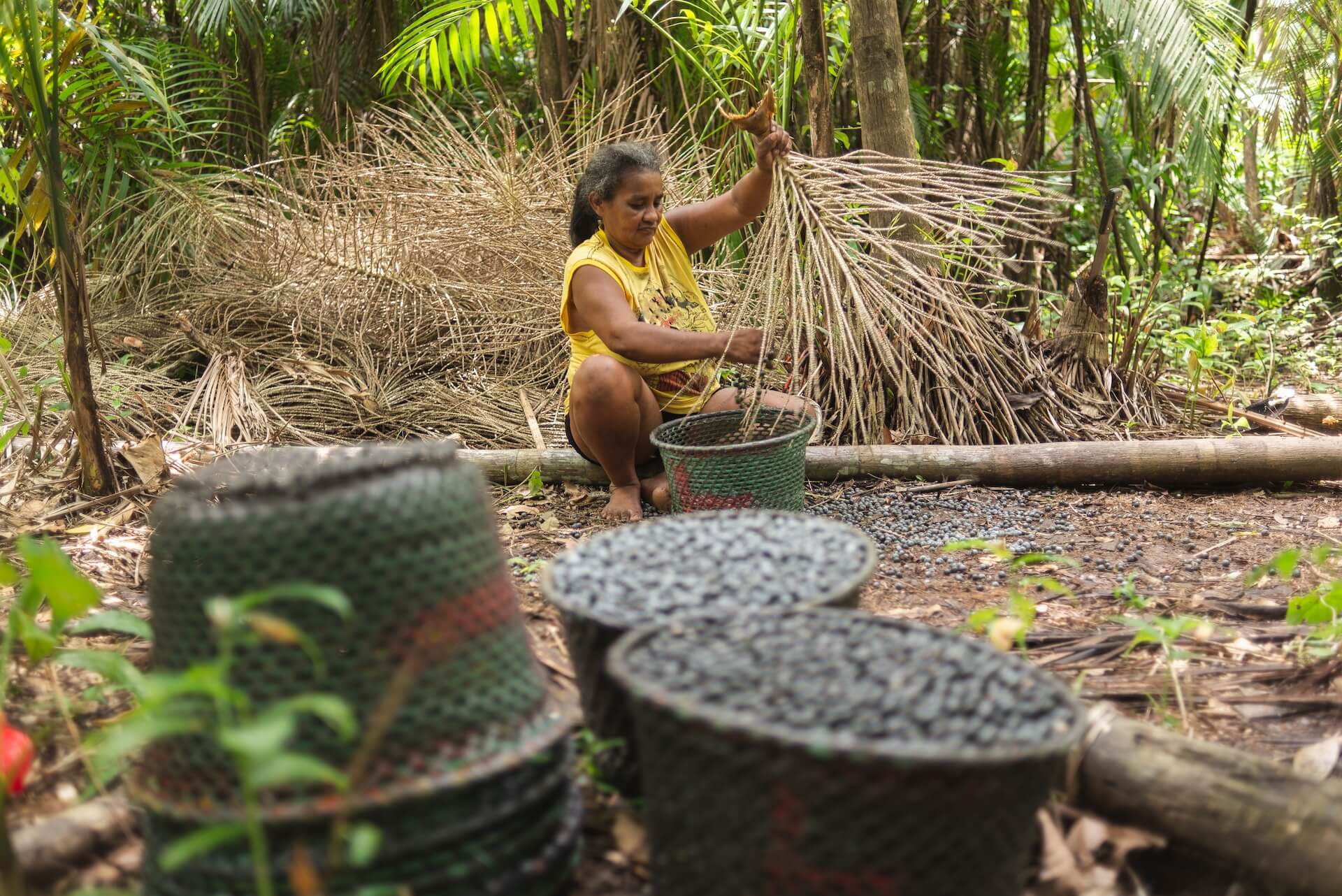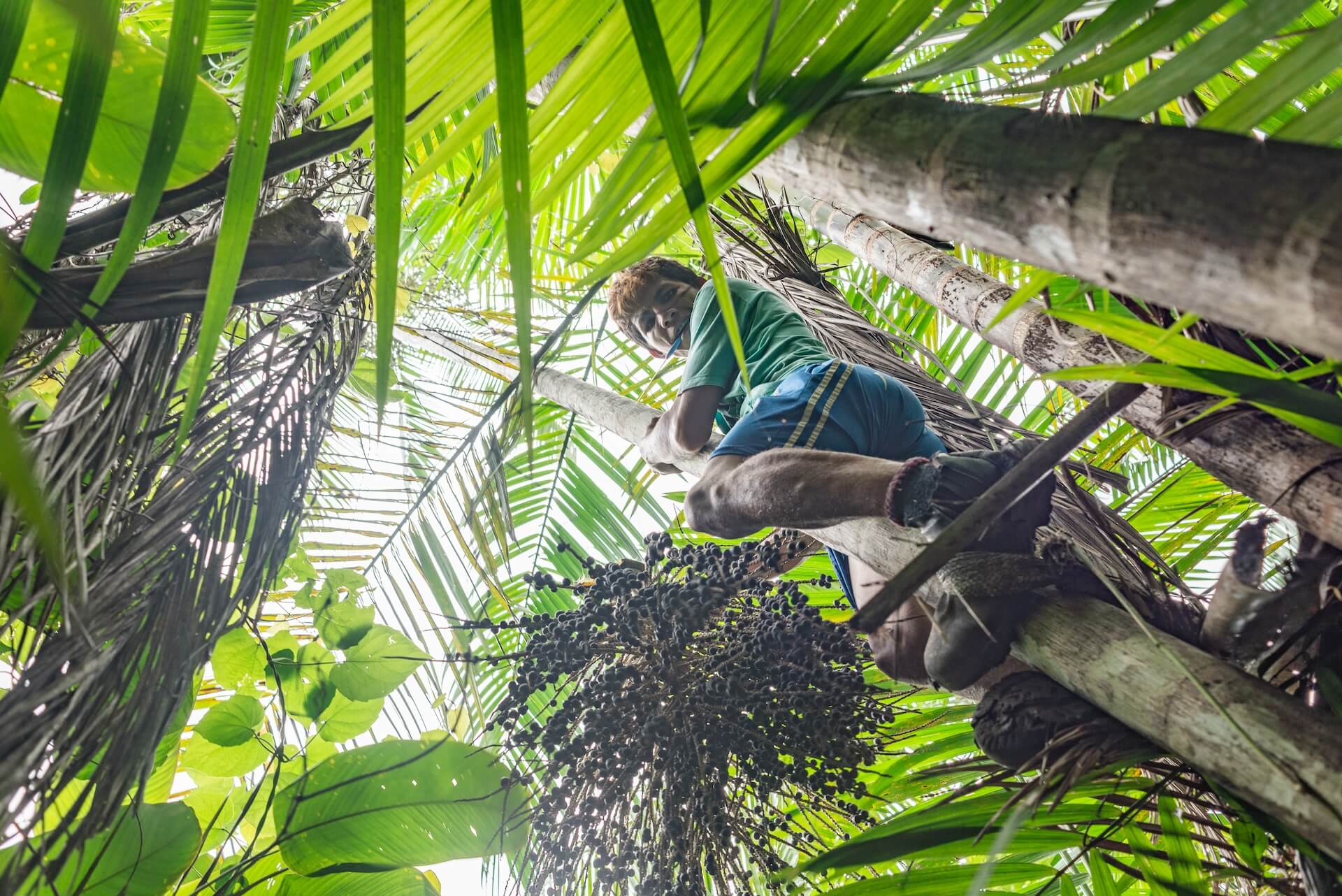G20 Radio Bulletin 117 - G20 deepens discussions on Bioeconomy and Sustainability
In Manaus, the capital of the state of Amazonas, G20 delegates aligned theoretical discussions with practical experiences on key agendas. This included field visits to the forest and engagement with Indigenous and waste picker movement representatives in thematic sessions. For more details, listen to the report.
Reporter: During discussions within the Bioeconomy Initiative and the Climate and Environmental Sustainability Working Group in Manaus, representatives deliberated on aligning the bioeconomy with the interests of Indigenous peoples, traditional communities, and family farmers. Topics such as bioremediation, payment for ecosystem services, and the circular economy were also addressed, demonstrating the G20's commitment to ensuring environmental sustainability in the Amazon Rainforest.
The agenda featured theoretical discussions and practical experiences, including field visits to the forest and engagement with Indigenous and waste picker movement representatives in thematic sessions. Carina Pimenta, national secretary of Bioeconomy at the Ministry of the Environment and Climate Change (Ministério do Meio Ambiente e Mudança do Clima/MMA), highlighted the significance of Manaus as the venue.
Carina Pimenta: Holding this initiative in the Amazon region offers the advantage of attracting countries unfamiliar with engaging such profound social diversity. Through these efforts, we aim to promote the sustainable use of biodiversity, effectively management forests, and to transform resources into essential ingredients for products like shampoos and medicines, such as açaí, nuts, and oils.
Reporter: At the Bioeconomy meeting, Ambassador André Corrêa do Lago, secretary of Environment and Climate Change at Itamaraty (Brazilian Ministry of Foreign Affairs), emphasized G20 countries' commitment to the initiative.
André Corrêa do Lago: The Brazilian proposal garnered widespread support from numerous countries, engaging several ministries in discussions. The topic holds implications across international ministries, presenting a valuable opportunity to discuss forest management and promote bioeconomy initiatives benefiting forest populations.
Reporter: Adalberto Maluf, secretary of Urban Environment and Environmental Quality at Brasil's MMA, emphasized advancements in waste management and the circular economy agenda within the Sustainability Working Group.
Adalberto Maluf: Within the waste management and circular economy group, we successfully endorsed a document drafted by the Brazilian presidency, incorporating input from multiple countries. This document introduces international criteria to empower waste pickers, expand recycling efforts, implement national composting strategies, and reduce food waste. These innovations mark a significant stride toward promoting an inclusive global circular economy.
Reporter: The next Bioeconomy Initiative meeting is scheduled for July in Rio de Janeiro, with the Climate and Environmental Sustainability Working Group convening in the same location in October.

